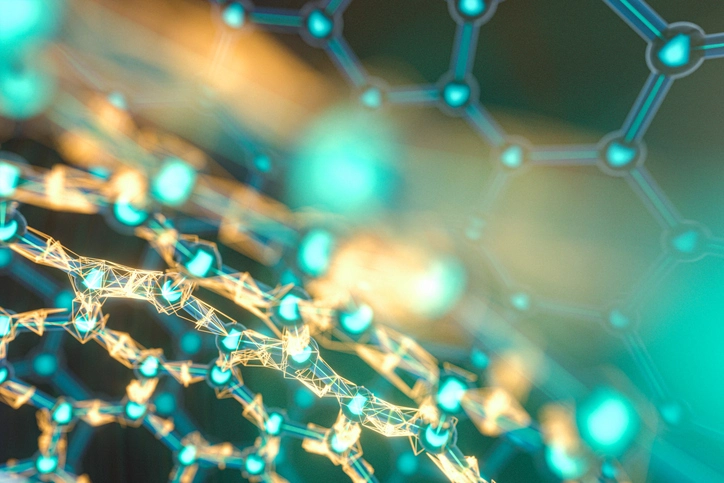ISO 14505 Thermal Comfort and Endurance Testing in IoT Devices
The ISO 14505 standard is a cornerstone of quality assurance for biomaterials, particularly focusing on the biocompatibility assessment. This service focuses specifically on the thermal comfort and endurance testing of smart home and IoT devices that incorporate biomaterials. The core objective here is to ensure that these devices not only perform optimally under varying temperature conditions but also remain stable and reliable over extended periods.
Thermal comfort in IoT devices, especially those designed for use within the smart home sector, is paramount. These devices often interact with human users who expect a seamless experience without discomfort. By adhering to ISO 14505 standards, manufacturers can ensure that their products are not only durable but also provide a comfortable user experience under diverse environmental conditions.
The testing process involves subjecting the IoT device to various thermal stress scenarios. This includes temperature cycling from extreme cold (-20°C) to hot (+85°C) and maintaining these temperatures for extended periods to simulate real-world usage. The specimen preparation requires careful handling of biomaterials, ensuring they are in a pristine condition before testing.
Once prepared, the devices undergo rigorous testing using specialized equipment that can accurately measure temperature variations and their effects on the biomaterials. This includes monitoring for changes in material properties such as strength, elasticity, and durability under thermal stress. The acceptance criteria are stringent, ensuring that only devices meeting these strict standards are deemed fit for market.
The importance of this testing cannot be overstated, particularly in a sector where user safety is paramount. By adhering to ISO 14505 standards, manufacturers can ensure their products do not pose risks due to thermal instability or degradation over time. This service plays a critical role in maintaining the integrity and reliability of biomaterials within IoT devices.
| Use Case | Application Example |
|---|---|
| Smart Thermostats | Ensuring consistent performance and reliability in temperature regulation. |
| Wearable Devices | Testing for comfort and durability during prolonged use under varying temperatures. |
| Health Monitors | Evaluating the impact of thermal stress on device accuracy and patient safety. |
| IoT Sensors | Guaranteeing long-term stability in environmental monitoring systems. |
Environmental and Sustainability Contributions
- Emission Reduction: By ensuring the durability of biomaterials, we contribute to reduced waste generation.
- Resource Efficiency: Testing for endurance helps in designing products that last longer, reducing resource consumption.
- Energy Savings: Reliable devices reduce the need for frequent replacements, leading to lower energy consumption over time.
Competitive Advantage and Market Impact
Adhering to ISO 14505 standards provides a significant competitive advantage in the market. It signals to consumers that your products are not only innovative but also safe, reliable, and environmentally responsible. This can enhance brand reputation and customer trust.
In terms of market impact, compliant devices are more likely to gain regulatory approval faster, opening up new markets and opportunities for growth. The service also supports compliance with international standards, which is crucial for global expansion.
Use Cases and Application Examples
| Use Case | Application Example |
|---|---|
| Smart Thermostats | Ensuring consistent performance and reliability in temperature regulation. |
| Wearable Devices | Testing for comfort and durability during prolonged use under varying temperatures. |
| Health Monitors | Evaluating the impact of thermal stress on device accuracy and patient safety. |
| IoT Sensors | Guaranteeing long-term stability in environmental monitoring systems. |





